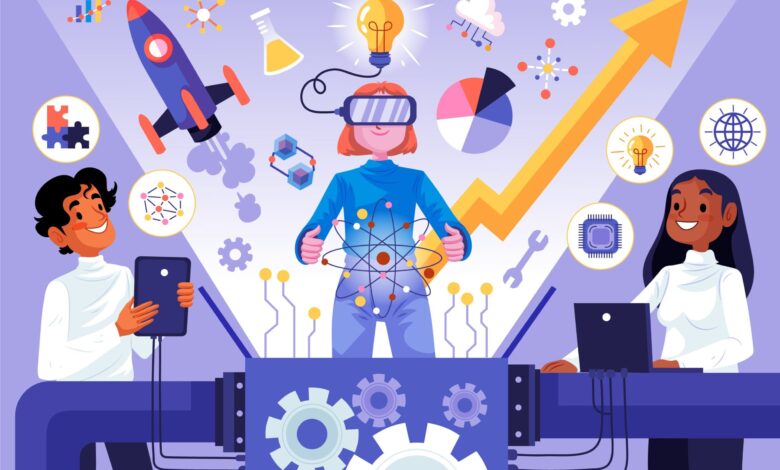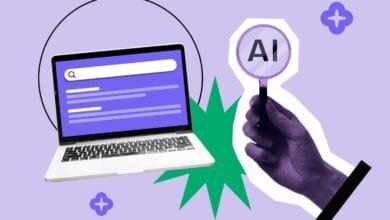Quick Reads
Quick Read: The Evolving Nature of Work: The Human-AI Collaboration

AI is not just about replacing human labor but also about augmenting human capabilities. The future of work will likely involve close collaboration between humans and AI systems.
Collaborative Work Environments
- Decision Support: AI can analyze large datasets to provide insights, helping humans make more informed decisions.
- Creativity and Innovation: AI can handle routine tasks, allowing humans to focus on creative and strategic aspects of their work.
Skill Enhancement
“Human-centered AI is about augmenting and enhancing human capabilities.”
Fei-Fei Li
- Training: Workers will need to acquire new skills to effectively collaborate with AI systems, such as data literacy and programming.
- Lifelong Learning: Continuous learning and adaptation will become essential as AI technology evolves.
Examples
- Healthcare: AI assists doctors by analyzing medical images and suggesting diagnoses, while doctors make final decisions based on AI input and their expertise.
- Customer Service: AI chatbots handle routine inquiries, freeing human agents to address more complex issues.
Studies
- MIT Technology Review Insights highlights that AI-human collaboration can enhance workforce productivity by 10-40%.
- A Deloitte report states that companies integrating AI into their operations see a 38% improvement in decision-making speed and a 31% increase in productivity.
“AI will be the greatest job engine the world has ever seen.”
Eric Schmidt
This post is part of the “Quick read” series: How AI Will Affect the Economy?
Read in the same series:
- The Rise of the Machines: Automation and Job Displacement
- AI as a Productivity Booster: Growth and Efficiency
- The Rise of New Industries and Job Opportunities
- The Evolving Nature of Work: The Human-AI Collaboration
- The Distributional Impact of AI: Inequality and the Need for Upskilling
- The Ethical Considerations of AI: Bias, Transparency, and Job Security
- The Global Race for AI Supremacy: Competition and Collaboration
- The Future of Work in an AI-Powered Economy




